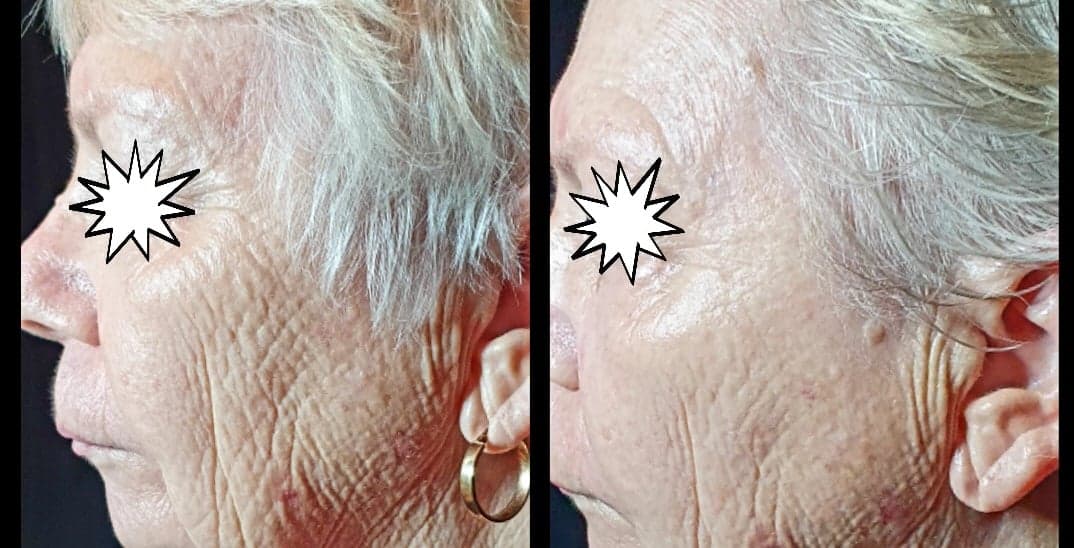
WHEN SHOULD I SEE A DERMATOLOGIST VERSUS A SKIN THERAPIST?
When Should You See A Dermatologist Vs A Skin Therapist
We often get feedback from our clients that they are not always clear on when they should be seeking the advice of a dermatologist versus a skin therapist. It can certainly be confusing as, although they are both working to achieve optimal results, the two have very different approaches to skin health.
A dermatologist is a specialist doctor who has completed many years of training. They are authorised to diagnose and treat skin disorders, diseases, and abnormalities such as skin cancer/melanomas, rosacea, psoriasis and skin infections as the result of viruses (such as herpes). They can also write prescriptions based on knowledge of skin care pharmaceuticals and perform surgery on skin abnormalities.
Everyone should visit a dermatologist or other trained specialist annually for early detection and treatment of potential skin cancers. Other reasons to see a derma include painful rashes that are spreading, severe/cystic acne that is not getting better with other treatments and products, and any other skin disease that might need medical intervention.
A skin therapist has usually completed a Diploma and some post graduate training and/or they may have obtained a bachelor’s degree from university. Therapists usually work in spas, salons or medical settings under the direction of dermatologists.
They are well equipped to handle treatments that focus on the holistic wellbeing of your skin health, so you should see a skin therapist to determine your skin type and establish an appropriate skin care regime.
Typically, your therapist will want to conduct a skin analysis and consultation to determine a variety of lifestyle factors such as diet, exercise, sun exposure and more, as well as discuss current product use and treatment plan.
Conditions that can be treated by a skin therapist include sensitivity, early-stage rosacea, various stages of acne, dehydration, dryness, premature ageing, sun damage/hyperpigmentation and more. They are also often very good at picking up early changes in the skin that may need to be checked out further by the dermatologist.
Conversely, patients who start by seeing a dermatologist for assessment and treatment of acne or other skin conditions with harsher chemicals may then visit a therapist to ensure the barrier of their skin remains healthy before, during and after the process, for instance. Treatments might include peels, extractions, use of light therapy, dermabrasion, collagen induction, micro needling and much more.
Luckily, seeing either one will usually help you improve the quality of your skin in some way, but there are a few instances in which it really pays to see one or the other.
Bottom line, dermatologists are not always the best person to seek advice from regarding aesthetic concerns. Unless they take a personal or professional interest in addressing those areas touched on above, they are typically not all that much ‘in the know’ about which ingredients are going to be best for nourishing and healing the skin in a more holistic way. (This is the reason why dermatologists usually do not offer the latest in skin care ranges and will often prescribe very basic products, many of which can be purchased over the counter from a chemist)
Frankly, it is not what they are mostly concerned with, and although there are a few who may specialise in this area, most leave the beautification process to skin therapists.
On the flip side, although a skin therapist cannot offer treatments for severe or medical skin conditions, they can certainly improve the appearance of your skin overall.
So next time you have a skin concern, do your research, and get in touch with the practitioner who is right for you.




